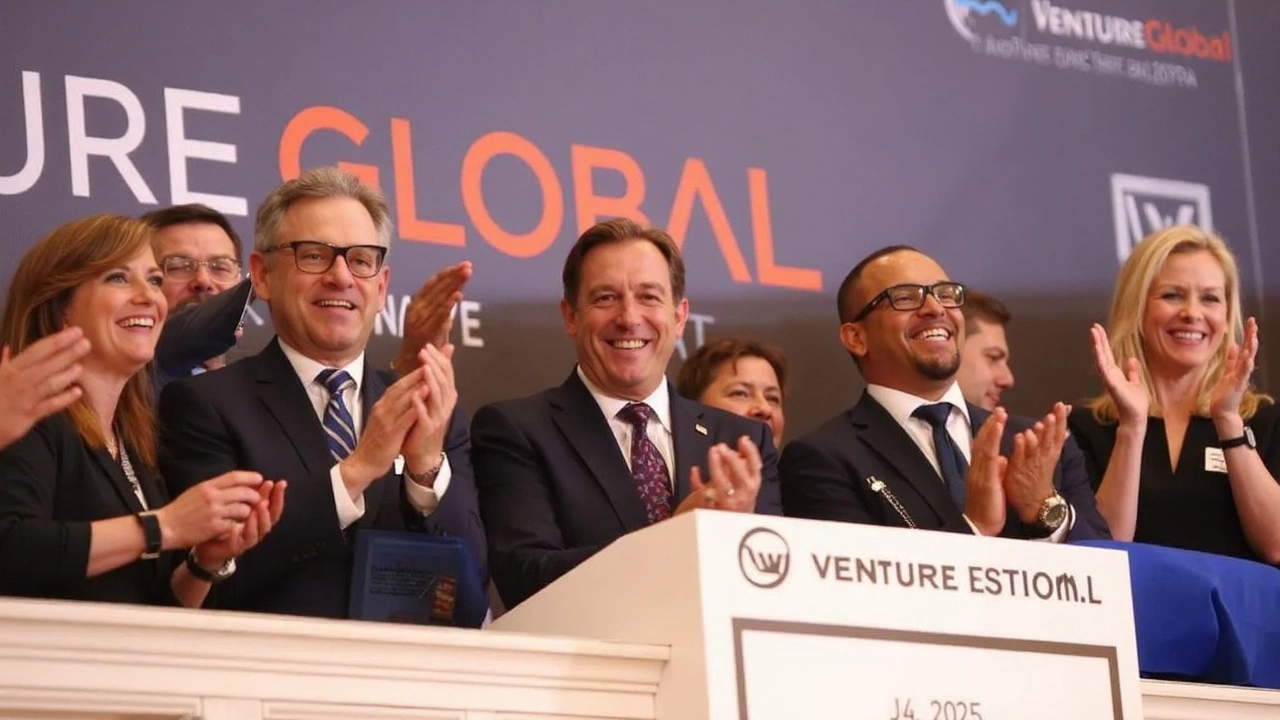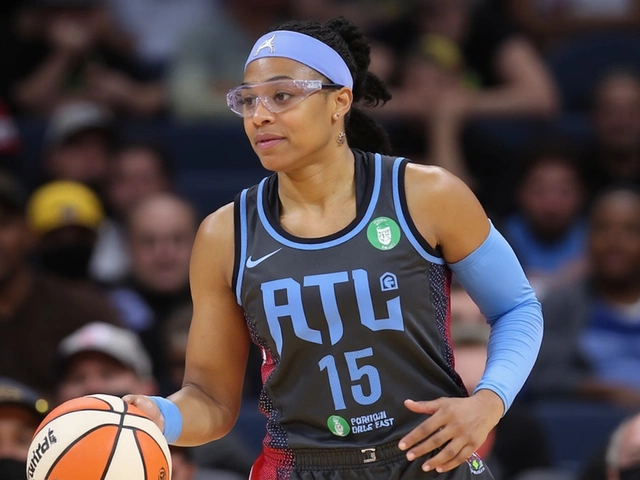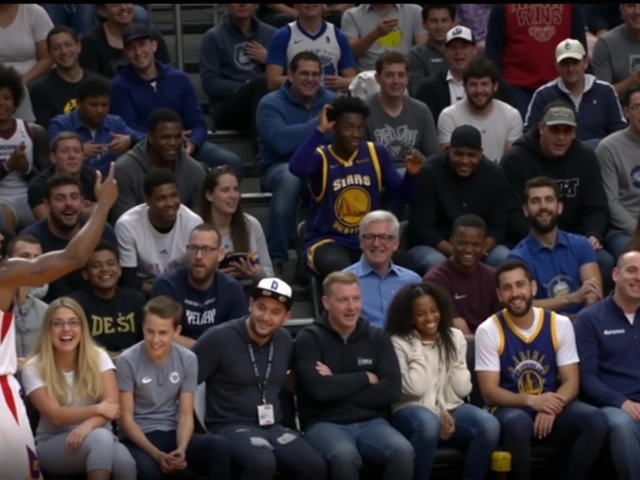Venture Global Steps Up: New Junk Bond Offer Rescues a Frozen Market
Wall Street got a much-needed jolt on April 15, 2025. For nearly two weeks, the junk bond market in the US had been stuck in a deep freeze after President Trump’s surprise tariffs announcement on April 2. Companies weren’t touching high-yield bonds. Financial desks sat quiet, and investors hesitated with every trade. Then Venture Global Plaquemines LNG, best known for its big liquefied natural gas (LNG) export project in Louisiana, took a chance and broke the silence.
They rolled out the first major junk bond deal since the market seized up. If you picture the scene, this wasn’t just a regular bond issue. Venture Global’s move signaled to everyone else that the bat signal was back on for high-yield debt. The company dropped a dual-tranche offering: eight-year senior secured notes at mid-to-high 7% yields, plus a longer 10-year tranche that tacked on another 0.25%. Top credit agencies weighed in with ratings hovering just below investment grade: Ba2 from Moody’s, BB+ from S&P, and BB from Fitch.
The real purpose behind the offering? Not chasing new adventures, but cleaning up existing lines. Venture Global intends to use all proceeds to pay off borrowings under its current credit facility—a classic refinance move. In short, they’re replacing floating or older, possibly more expensive debt, with these new bonds. That’s a smart step when the market is hungry for fresh paper and when rates can be locked in at reasonable levels after weeks of uncertainty.
Banks were quick to line up behind the deal. Mizuho Financial Group led the effort, bringing on BBVA, RBC, and Scotia Bank as partners. Investor interest seemed strong: the company held its market call and then immediately priced the offering. This rapid execution stood in sharp contrast to the dead air of previous days, when no one dared offer new debt after April’s tariff shock rattled nerves.
Why This Matters for the High-Yield Market and Beyond
Stepping back, it’s clear this was a bigger moment for the junk bond market than just one company’s play. The last real action before Venture Global came on April 2, when Patterson Cos. priced its own notes hours before the trade policy curveball landed. After that, nothing. The market was paralyzed as fund managers and corporate issuers waited to see just how the tariffs would bite and what impact they’d have on riskier assets.
But Venture Global’s offering didn’t happen in a vacuum. The day they priced the deal, high-yield investors were already in a better mood. BB-rated bonds clocked their single strongest one-day gain since December 2023. It’s hard to overstate how rare that kind of surge is after weeks of red numbers. Analysts pointed to this rally as proof that appetite for risk wasn't gone—just suppressed by uncertainty that finally began to fade as companies like Venture Global returned to market.
This renewed confidence flowed into Venture Global’s order books, showing that investors remain hungry for LNG related credit—an industry which has become ever more central to global energy. The LNG sector in particular is seen as one of the more resilient asset classes, riding out market jitters thanks to long-term demand, even as global politics heat up over trade.
For other US companies in need of refinancing or fresh capital, all eyes are now on how Venture Global’s deal ends up trading in the open market. If these notes perform well, you can bet more deals will quickly follow, potentially thawing out what had been one of the quietest Aprils on record in US high-yield finance. That means additional liquidity and more options for borrowers who just a week earlier felt boxed in by tariff drama and market anxiety.
Right now, this debt offering isn’t just about cash for one energy giant—it’s a signal that the US junk bond market may be ready to wake up, even in the shadow of trade disputes. For everyone involved in risky debt, that wake-up call couldn’t have come soon enough.





